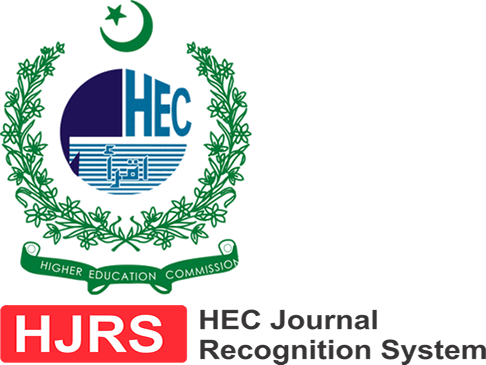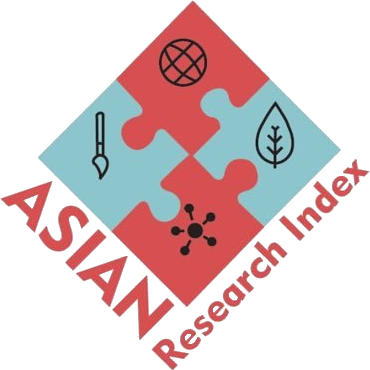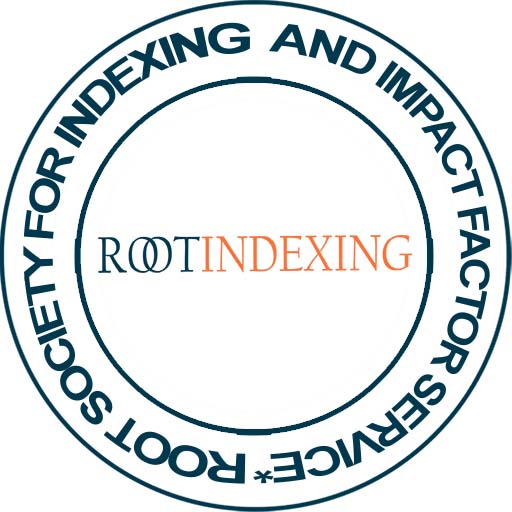نظم حکومت میں تصور استثناء: اسلامی تعلیمات کی روشنی میں تجزیاتی مطالعہ
THE CONCEPT OF IMMUNITY IN GOVERNMENT ADMINISTRATION: AN ANALYTICAL STUDY IN THE LIGHT OF ISLAMIC TEACHINGS
DOI:
https://doi.org/10.5281/zenodo.11194002Keywords:
Administration, privilege, parlance, facilities and legal requirements, Government, Islamic Teachings.Abstract
No doubt the concept of governance is considered very important in the state administration and it is created to run the government system. Governance is the name of a sense of responsibility which governs the state while discharging its responsibilities. But the basic rights of the rulers are protected and in the legal language it is called privilege. Therefore, whenever administrative rules are made for the administration of the state, it includes administration. Laws are also made for the facilities and privileges of the rules. That is why the rulers are given a privileged position over other members of the society and their status in the society is highly regarded, because they have the primary responsibility of representing the people which is given to them by the people. The facility is called an exception in legal parlance. Governance in Islam is considered a duty and responsibility and the sense of responsibility is realized by fulfilling its legal requirements. In order to end the chaos in the society and to send a message of peace, love and brotherhood, it should keep in view that they are given relief so that they can fulfill their duties in a better way and live a good life as a ruler. This article will offer research over view of privileged right of rulers in the light of Islamic teachings.
References
افریقی ،ابن منظور،لسان العرب ،(بیروت: دار احیاء التراث العربی ، سطن) مادہ استثناء ،ج۲،ص۱۷۷۔
ابن عابدین شامی،رد المحتار علی در المختار،(بیروت:دارالفکر ، ۱۹۹۲ء) ج۴،ص۵۰۹۔
القرآن ۶۸: ۱۸۔
Henry Campbell Black, M.A. Black's Law Dictionary, Fourth Edition (West Publishing Co, 1968) p 885.
The Encyclopedia Britannica, 14th Edition (London: 1929) Vol XII ,p 119
ولی الدین ابو زرعۃ احمد بن عبد الرحیم، الغیث الہامع شرح جمع الجوامع،محقق محمد تامر حجازی،دارالکتب العلمیہ ۲۰۰۴ء،ج۴،ص۳
Marilia Crespo Allen ,Eurpean Parliament,Directorate General For Research, (Budgetary And Cultural Affairs And Comparative Law Division, Legal Affairs Series, 1993) p 71.
Thomas Bayly Howell, Thomas Jones Howell, William Cobbett, David Jardine (1811). Cobbett's complete collection of state trials and proceedings for high treason and other crimes and misdemeanors from the earliest period to the present time IX. R. Bagshaw, p 782
Marilia Crespo Allen ,Eurpean Parliament, Directorate General For Research, Budgetary And Cultural Affairs And Comparative Law Division, p 8.
Ibid.
القرآن ۲: ۲۸۶۔
علاء الدین علی متقی بن حسام الدین،کنز العمال،(کراچی: دار لاشاعت ، س ن ) ج۳،ص۷۹۔
امام ابو داؤد،سنن ابو داؤد،کتاب الحدود،باب مالا قطع فیہ ،حدیث نمبر ۴۳۸۸۔
امام ابو داؤد،سنن ابو داؤد،کتاب الجہاد ،باب فی الرسل،حدیث نمبر۲۷۶۱۔
ابن ماجہ،سنن ابن ماجہ،کتاب الدیات،باب ہل یقتل الحر بالعبد، حدیث نمبر ۲۶۶۴۔
شبلی نعمانی،الفاروق،(لاہور: سنگ میل پبلی کیشنز ،۱۹۷۶ء) ص۱۲۵۔
القرآن،۲۹:۷۔
خطیب تبریزی، مشکوٰۃ المصابیح،(بیروت: مکتبہ تجاریہ، دارالفکر،۱۹۹۱ء)، حدیث نمبر۳۷۱۸۔
امام ابو داود،سنن ابو داود،کتاب الزکوٰۃ،باب رضا المصدق،حدیث نمبر۱۵۸۸
محمد حسین ہیکل،الفاروق عمر، ص۱۰۶۔
عبد القادر عودہ،تشریع الجنائی الاسلامی،(بیروت: دار احیاء التراث العربی) ج۱،ص۳۲۰۔
امام طبری،تاریخ طبری،(کراچی:نفیس اکیڈمی کراچی، س ن) ج۳،ص۲۷۳۔

Downloads
Published
How to Cite
License
Copyright (c) 2024 AL MISBAH RESEARCH JOURNAL

This work is licensed under a Creative Commons Attribution 4.0 International License.
AL-MISBAH Research Journal is full open access and licensed under Creative Commons Attribution 4.0 International License; and Published by: Research Institute of Culture & Ideology (REINCI), Islamabad, Pakistan. This allows the research community and the general public to gain unlimited, free and immediate access to scholarly articles, and to reuse the content freely provided that proper attribution is given to the original authors.









